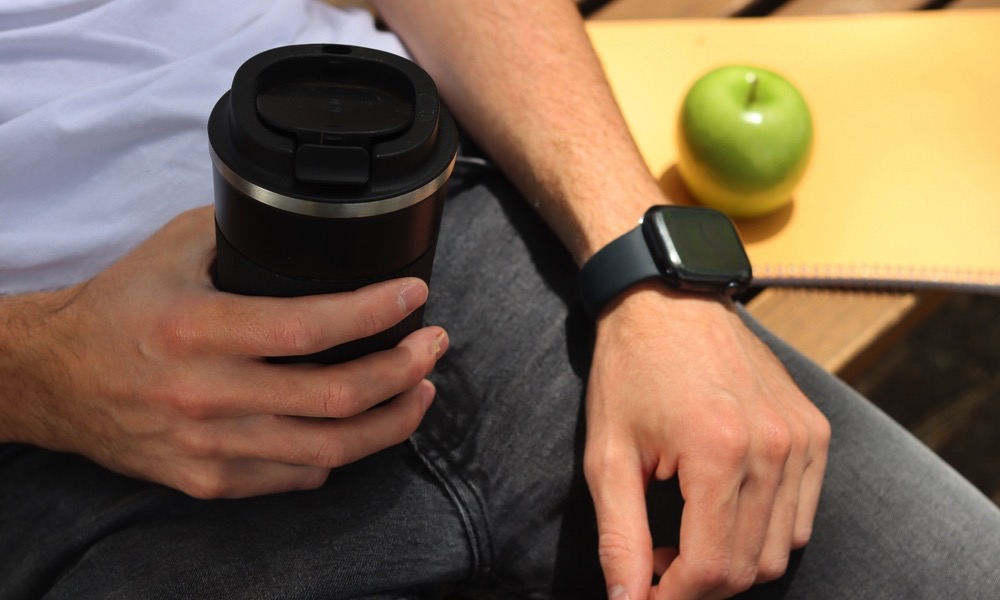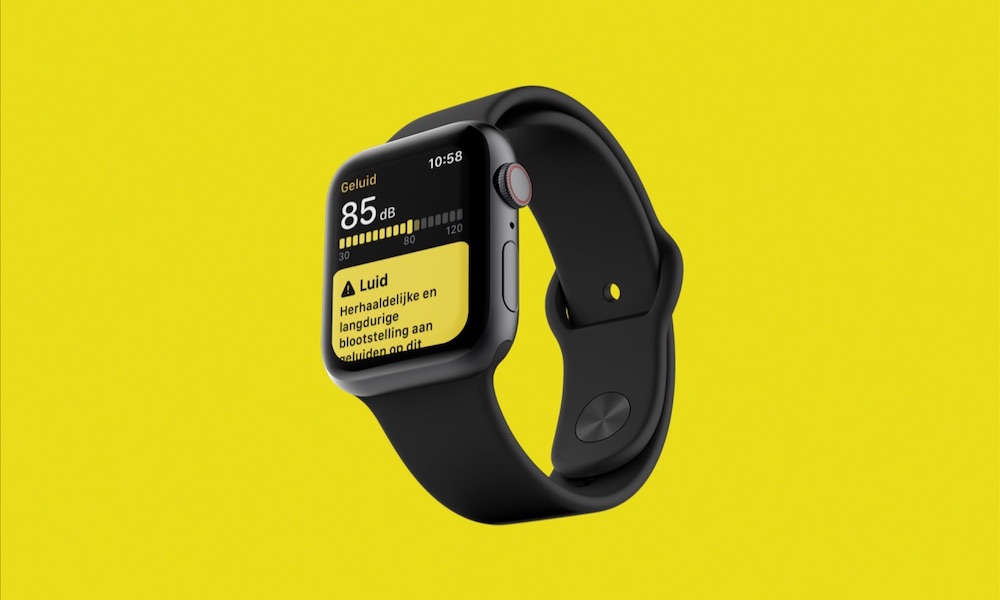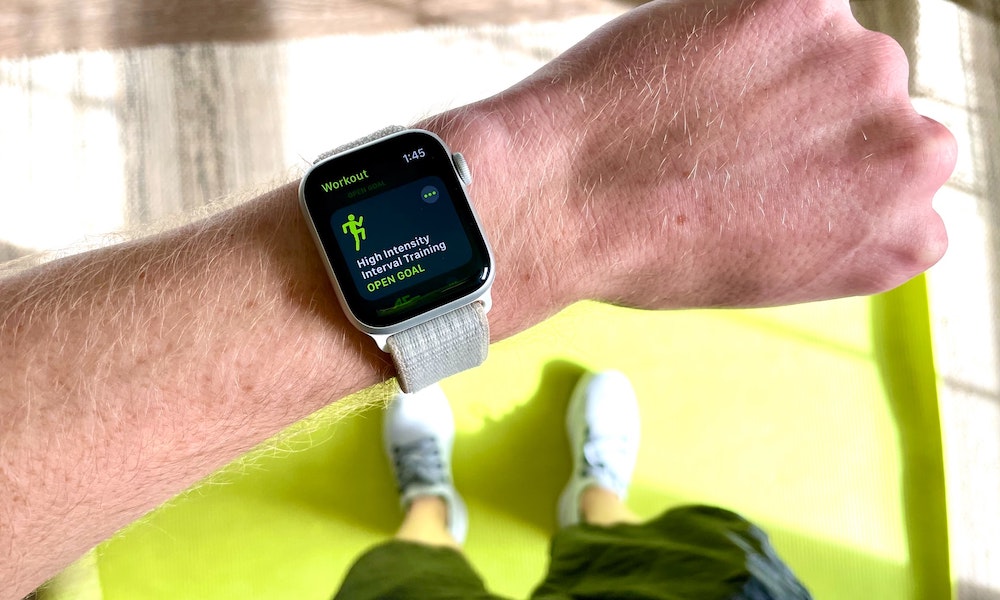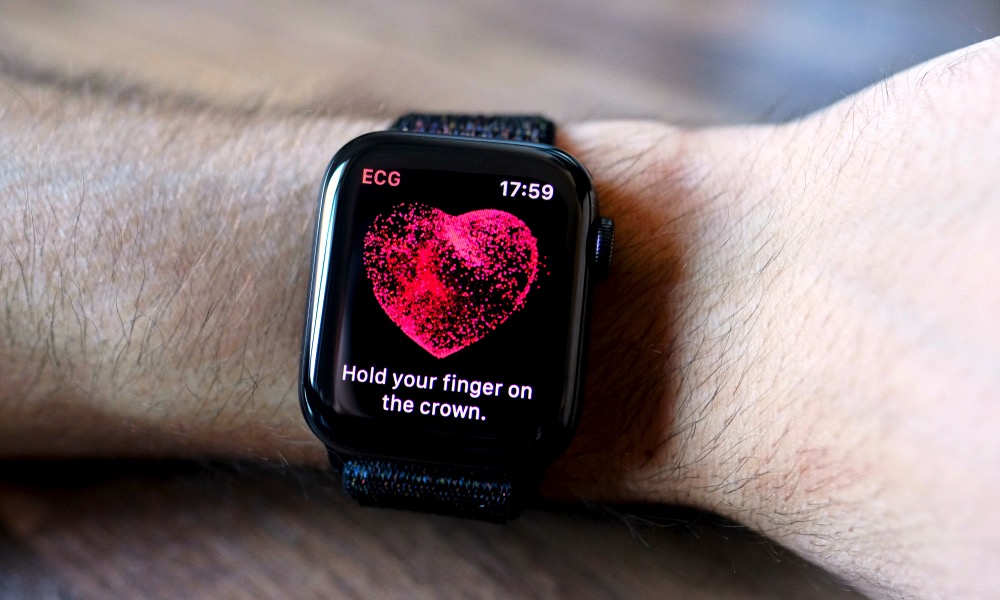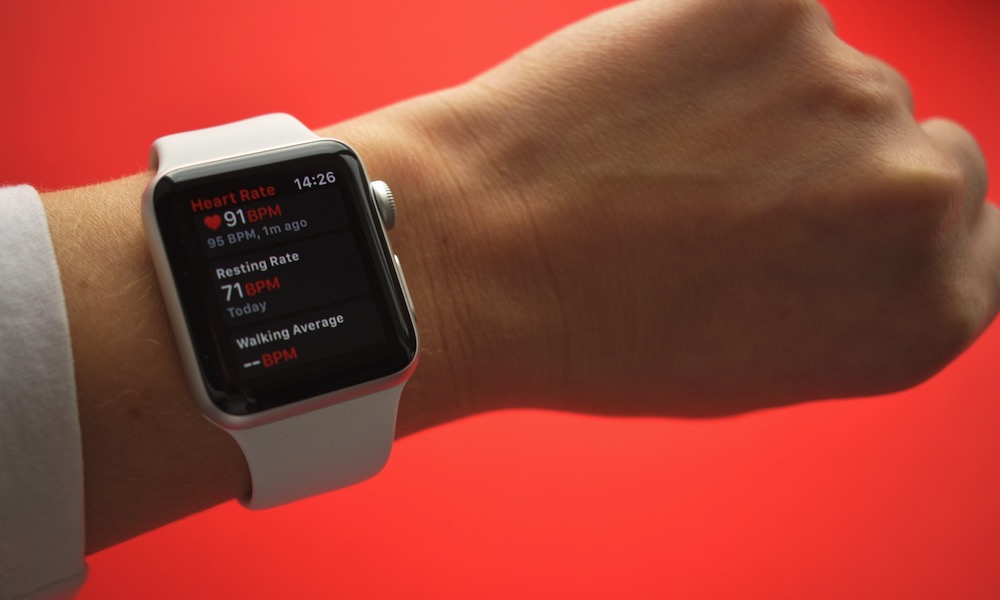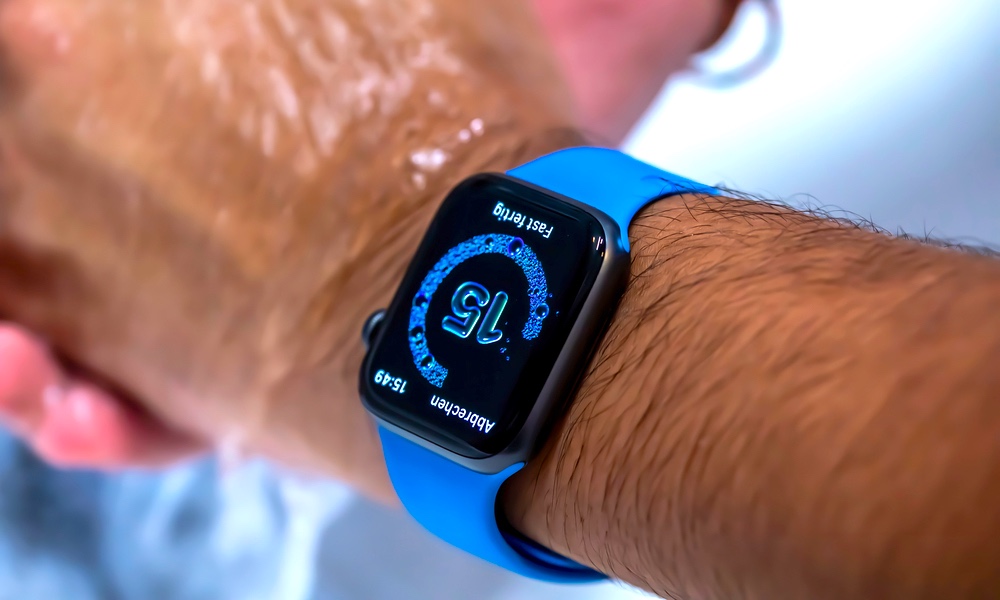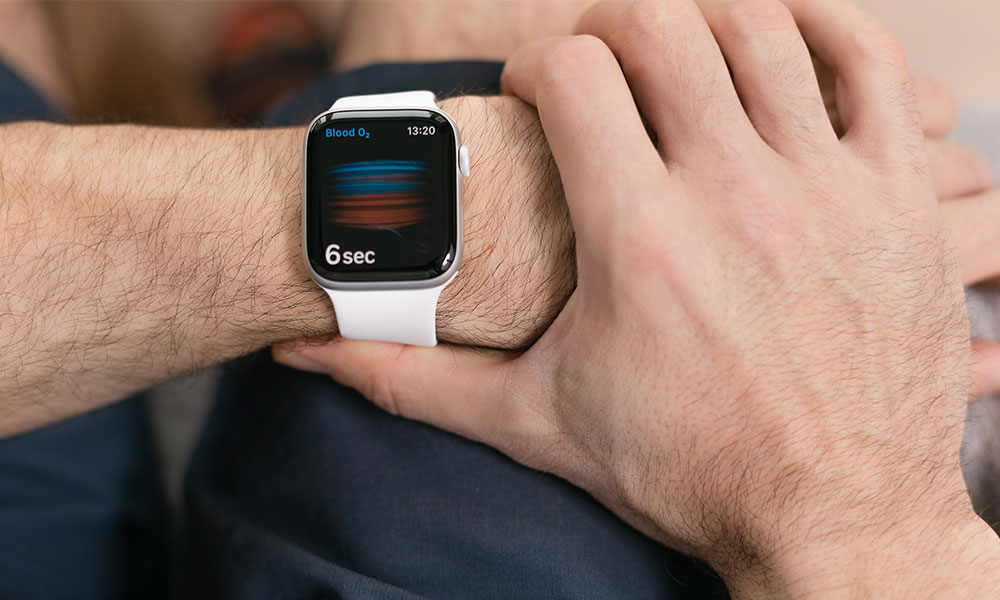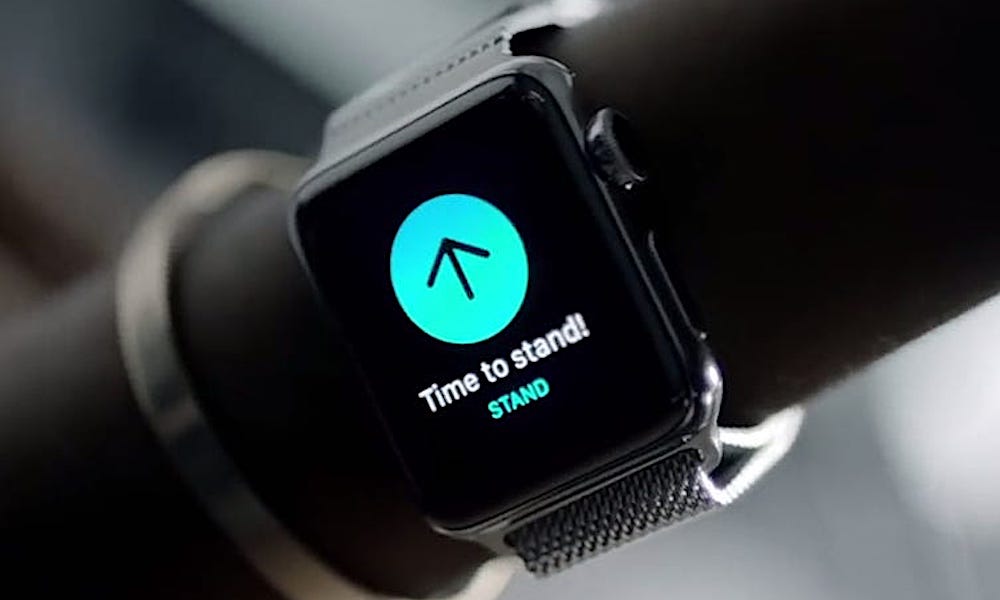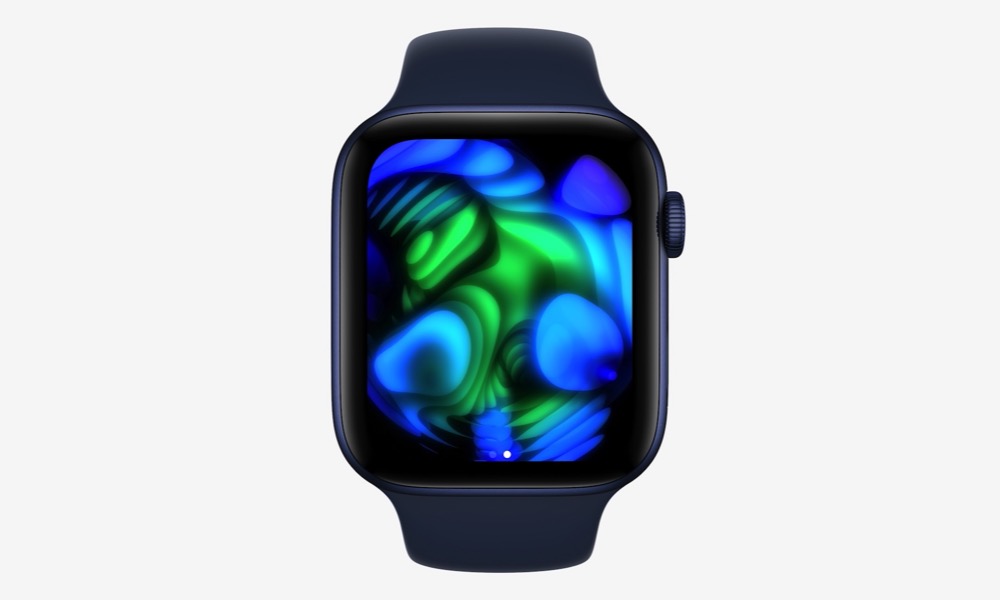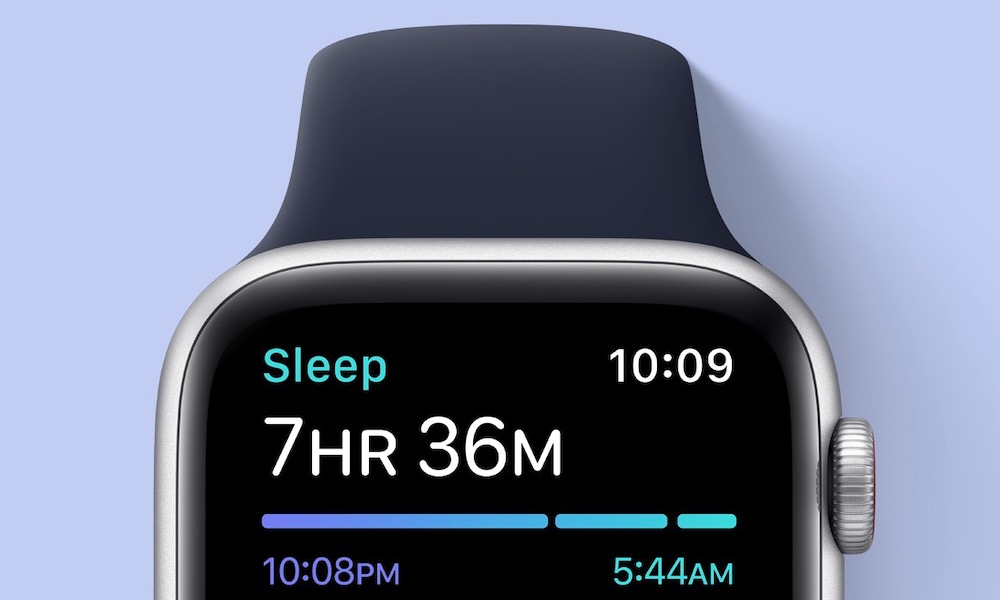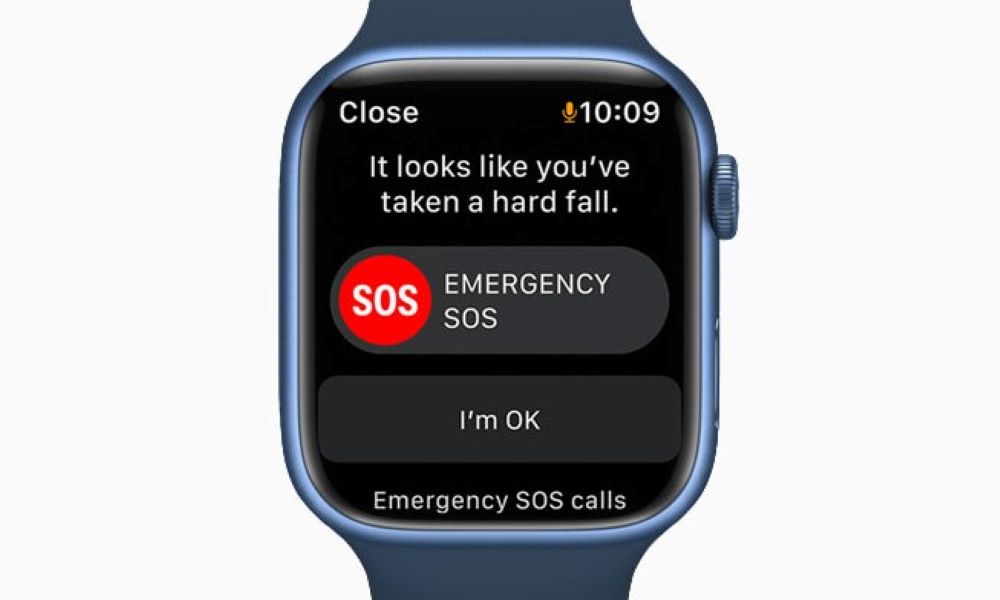11 Ways Your Apple Watch Can Help You Stay Healthy
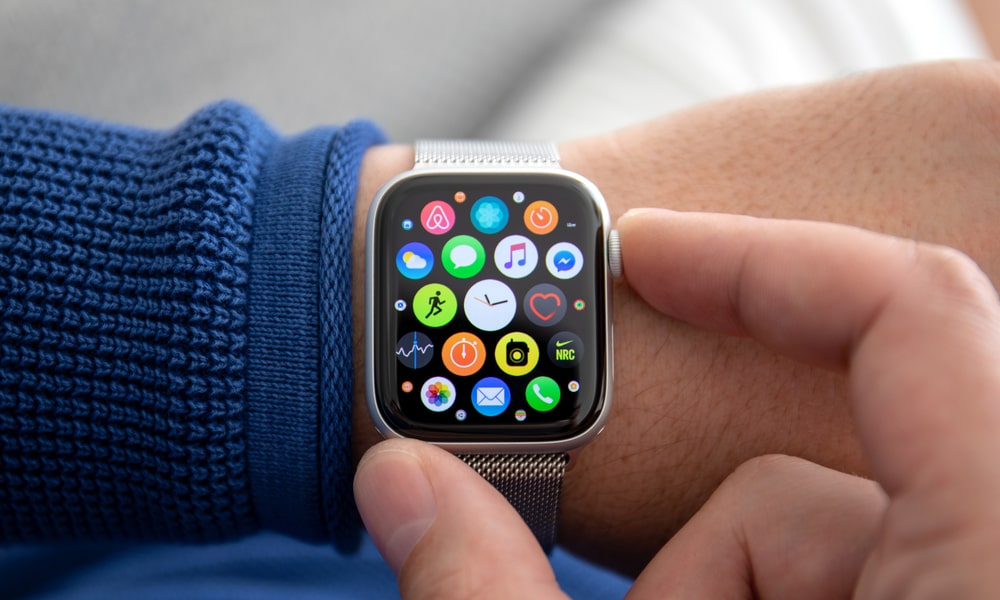 Credit: DenPhotos / Shutterstock
Credit: DenPhotos / Shutterstock
Despite how many cool new features Apple adds to the Apple Watch, the company's wearable was made with one goal in mind: To help you live a healthier life. The Apple Watch does that by helping keep track of many different metrics, including your heart, the noise around you, and even your sleep.
There's no doubt that the Apple Watch is a great companion if you want to be a healthier person overall. What, you don't believe us? Read on for 11 ways your Apple Watch can help you stay healthy.
Keep a Healthy Weight
Living a healthier lifestyle is hard, especially if you're doing it by yourself. Fortunately, you don't have to go on this adventure on your own; your iPhone is always with you. And that's where Noom comes in. Noom will help you eat better, keep track of your calories, and change the way you think so you can change the way you live.
Noom uses psychology to help you lose weight, plus understand and improve your food choices. Not only that, but the app also helps you count your steps and keep track of the active calories you burn in your workouts, and it then uses that data to reach your calorie deficit goal!
Now, we know what you're thinking; Noom isn't an Apple Watch app. And while that's true, you can combine Noom's platform with your Apple Watch to make a real change in your body and mind.
Keep Your Hearing Healthy
Your Apple Watch comes with an app called Noise, which is going to be your best friend if you frequently visit loud places.
The Noise app is an Apple Watch app that constantly scans and listens to the environmental sounds around you. If the sounds around you are too loud, you'll get a notification from your Apple Watch suggesting you move to a different place since being around loud noises for too much time might cause hearing problems.
Alongside the Noise app, there's also a feature that'll let you know whenever you're listening to music with too much volume. Once you've heard too loud music for too long, your Apple Watch and iPhone will notify you that if you keep listening to music like that, you might experience hearing problems in the future. Not only that, but it will also automatically lower the volume for you.
Stay in Shape
Apple has been taking a lot of steps to help its users keep moving. Just a few years ago, it introduced Apple Fitness+ as a way to work out without leaving your home, but before that, there was this app called Workout.
The Workout app has been on the Apple Watch for so long that it's a staple in many people's lives. You can easily start your workouts with your Apple Watch and then track your progress with the help of the app and your iPhone.
You'll see metrics like the time you've been working out or your heart rate during your workouts. You can then get a more in-depth analysis of your performance with the Health app on your iPhone.
There are many workouts to choose from, including swimming, outdoor walks, and High-Intensity Interval Training, or HIIT, for short. There's something for everyone, and seeing your progress will help you stay motivated.
Take an ECG
Many people claim the EGC app on their Apple Watch has saved their lives, and it can also help you too.
With the ECG app, you can call an electrocardiogram, also called ECG or EGC, to record the timing and strength of the electrical signals your heartbeat makes. This is a pretty important feature, and it can help you detect irregularities in your heart rhythm.
You'll be able to see the results and understand if your heart is showing signs of atrial fibrillation, or AFib for short, or if your patterns look normal. Of course, this feature will never be as good as going to the doctor and getting yourself checked, so consider visiting your health provider if you feel like there's something off about your heart rate.
Measure Your Heart Rate
This is one of the oldest Apple Watch features available, and it's been improving with each passing year. You can easily measure and track your heart rate with your Apple Watch.
Your Apple Watch will let you track your heart rate and see your current resting rate and walking average. These metrics will let you know how your heart behaves when resting or being more active.
Heart rates are different for some people, but your Apple Watch can let you know if your heart rate is a bit too low or high for whatever it is you're doing. Whether you get a notification or you just feel strange, you should always talk to your doctor, no matter what your Apple Watch says.
Wash Your Hands the Right Way
If there's something we've learned these last couple of years is that we don't wash our hands long enough. Doing something as simple as washing your hands can help you prevent any type of disease, but most of us rarely keep track of how much we wash our hands.
And that's where the Apple Watch comes in. The Apple Watch now has a feature that helps you wash your hands for at least 30 seconds. When you start washing your hands, your Apple Watch will detect the movement and the sounds and understand what you're doing. It'll set a timer for 30 seconds, and it'll let you know when it's okay for you to finish washing your hands.
And, as you can expect from Apple, you can keep track of how many times you washed your hand throughout the week. Sure, it might sound silly, but staying clean will help you live a healthier life.
Understand How Much Oxygen Is in Your Blood
This might come as a shocker to you, but we need oxygen to survive. Once oxygen goes inside your lungs, it goes into your bloodstream and helps you with things like keeping your energy levels and replacing cells.
That's why it's important to have a lot of oxygen in your system, and the Apple Watch can help you understand that a little bit better. You can track your blood oxygen with the Blood Oxygen app if you have an Apple Watch Series 6 or a newer model.
It works just like the Heart Rate app: You tap a button on your screen, stay as still as you can, and your Apple Watch will measure the oxygen in your blood.
Anything above 90 should be more than enough for most of us. But if you feel like something is off, you can and should visit your health provider.
Your Apple Watch Reminds You to Stand Up
If you work in an office or sit in front of a computer all day, you should try standing up and moving at least once every hour. Not only will that keep you in better health, but you'll also feel relaxed and with more energy.
Your Apple Watch knows this, and that's why it constantly sends notifications that you need to stand up and move a little bit. Not only that, but there's even a ring called Stand to motivate you to keep moving around.
Your Watch Can Help You Relax
Another built-in Apple Watch app you should check is called Mindfulness.
Previously known as Breathing, the Mindfulness app is a great way to help you relax no matter where you are. You can start a one-to-five-minute breathing session to help you stay calm.
Or you can start to reflect for one to five minutes, and your Apple Watch will tell you what you need to focus on. It'll usually tell you to remember a peaceful place, a soothing memory, or a person. You'll get an insight into your heart rate and hopefully feel more relaxed by the end.
It Can Track Your Sleep
For some of us, it's really hard to have good, quality sleep, but your Apple Watch is always there to help you.
The Apple Watch can track your sleep duration, and it'll soon be able to track your sleep quality. You'll get a better insight into how well your sleep at night and for how long.
Not only that, but your Apple Watch and iPhone also have a feature called Wind Down that's meant to help you start relaxing and staying away from technology right before you should go to sleep.
You Watch Can Even Call for Help If You Fall
How cool is it that your Apple Watch knows when you fall and asks if you're okay?
The Apple Watch comes with a fall-detection feature. This feature, as you can probably tell, automatically detects if you fall. Your Apple Watch will then ask you if you're okay, and if you don't answer or move for a certain amount of time, your Apple Watch will call your emergency contacts on the spot.
This feature can be a life-save, and it's perfect if you're someone who falls a lot or if you practice an intense sport that might knock you out.

